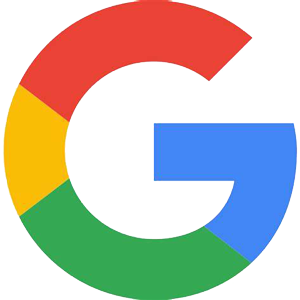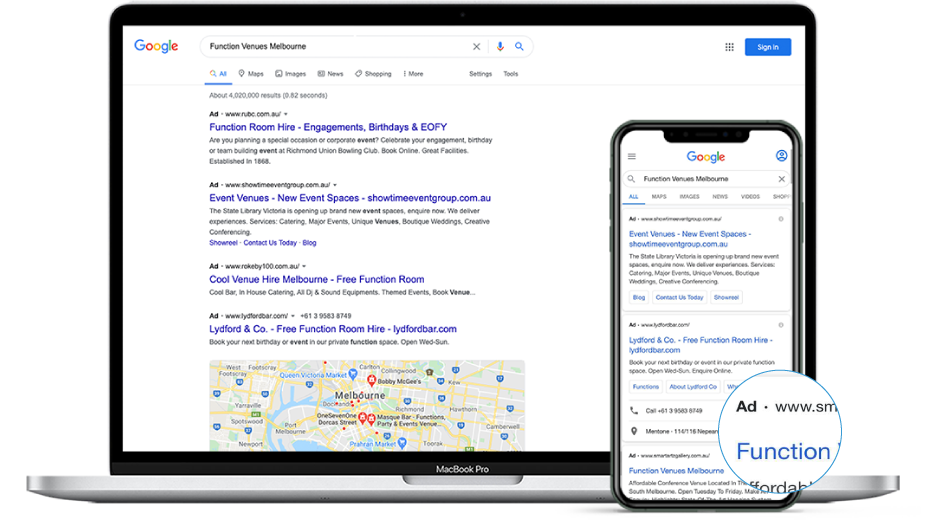The success of every e-commerce business relies on digital marketing. Sure you don’t want to be giving fliers on the street to get a sale? Nah, those days are long gone. If you want your e-commerce business to thrive in today’s digital era, then utilising every digital solution available is the key, especially if you are a start-up.
So, you have a beautifully designed website and quality content, what’s next? Absolutely the products wouldn’t sell with just that. Two of the most popular marketing solutions e-commerce businesses use are Facebook Ads and Google Ads. These two are considered the best ways to reach your target market, but which is most suitable you wonder?
Let’s take a look at the similarities, differences and benefits of each so you can decide which boat to sail.
Benefits of Facebook Ads and Google Ads for E-commerce
Facebook Ads and Google Ads offer unique advantages for e-commerce businesses. Facebook Ads excel in targeting specific demographics and interests, allowing businesses to reach potential customers based on their behaviour and preferences. This is particularly effective for product discovery and brand awareness.
On the other hand, Google Ads leverages intent-based targeting, showing ads to users actively searching for products or information. This makes them valuable for capturing high-intent, ready-to-buy customers.
Both platforms provide measurable ROI through detailed analytics, enabling businesses to optimise campaigns for better results. Additionally, they offer various ad formats, such as text, display, video, and shopping ads, catering to different marketing objectives.
In summary, Facebook Ads are excellent for brand building and reaching wider audiences, while Google Ads are ideal for capturing users actively seeking products or services, making them a powerful combination for e-commerce businesses.
Similarities of Facebook Ads and Google Ads for E-commerce
Facebook Ads and Google Ads share several similarities that make them valuable for e-commerce businesses.
Targeting Options: Both platforms offer robust targeting capabilities. You can specify demographics, interests, and behaviours on Facebook, while Google allows you to target keywords, locations, and demographics.
Measurable Results: Both platforms provide comprehensive analytics, enabling you to track performance, conversions, and ROI. This data helps in refining ad strategies.
Ad Formats: Both Facebook and Google Ads support a range of ad formats, including text, display, video, and shopping ads, allowing businesses to choose the most suitable format for their goals.
Budget Control: Both platforms offer flexible budgeting options, allowing you to set daily or campaign budgets to manage expenses effectively.
Mobile Optimisation: Both platforms prioritise mobile users, ensuring that your ads are visible to a growing mobile audience.
In essence, both Facebook Ads and Google Ads provide e-commerce businesses with powerful tools to reach their target audience and achieve their marketing goals.
Differences between Facebook Ads and Google Ads for E-commerce
Facebook Ads and Google Ads differ significantly in their approach and capabilities for e-commerce advertising.
Intent vs. Discovery: Google Ads target users actively searching for products or information, indicating higher purchase intent. In contrast, Facebook Ads are more suited for product discovery and brand awareness, targeting users based on demographics and interests.
Ad Placement: Google Ads primarily appear on search engine results pages (SERPs) and partner websites, while Facebook Ads are displayed on the Facebook platform and its family of apps, including Instagram and Audience Network.
Ad Type: Google Ads focus on text-based ads that appear in search results, while Facebook Ads offer various ad formats, including image and video ads, carousel ads, and more, providing greater creative flexibility.
Keyword vs. Interest Targeting: Google Ads rely on keyword targeting, whereas Facebook Ads use interest-based and demographic targeting. This means Google Ads may be better for capturing users actively seeking products.
Cost Structure: The cost structure varies; Google Ads often employ a pay-per-click (PPC) model, while Facebook Ads can use a pay-per-click or pay-per-impression model, giving businesses flexibility in their payment options.
Understanding these differences is crucial for e-commerce businesses to choose the platform that aligns with their goals and target audience.
Is this Better than SEO?
Comparing advertising on Facebook and Google to SEO (Search Engine Optimisation) is like comparing apples to oranges. They serve different purposes and can complement each other.
Advertising on Facebook and Google delivers immediate visibility and allows you to target specific audiences, which can lead to quicker results and conversions. However, it comes at a cost, as you pay for each click or impression.
On the other hand, SEO is a long-term strategy that focuses on optimising your website’s organic visibility in search engines. While it may take time to see significant results, it offers sustainable, cost-effective traffic in the long run.
Whether advertising on Facebook and Google is better than SEO depends on your goals and budget. Many successful e-commerce businesses use a combination of paid advertising and SEO to maximise their online presence and drive sales.
Facebook Ads and Google Ads FAQs
Facebook Ads are generally more effective for brand awareness in e-commerce due to their ability to target specific demographics and interests. They can help you build a brand presence and introduce your products to a wider audience.
Google Ads, on the other hand, are better for capturing users with high purchase intent who are actively searching for products.
The cost-effectiveness of Facebook Ads vs. Google Ads depends on your specific goals and strategy.
Facebook Ads may offer a lower cost per click (CPC) but can be better for top-of-funnel activities.
Google Ads may have a higher CPC but often bring in more qualified leads with stronger purchase intent. The choice should align with your objectives.
Yes, many e-commerce businesses use both Facebook Ads and Google Ads simultaneously to maximise their online presence. This strategy allows you to capture different segments of your target audience—those actively searching on Google and those discovering products on social media. Combining both platforms can lead to a more comprehensive e-commerce marketing strategy.
Hand Picked Articles















